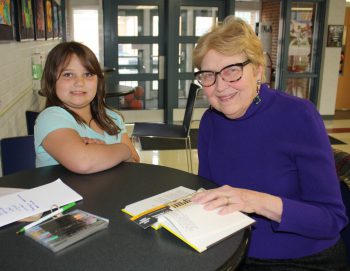 Sally Coleman just wrapped up her first year as an Oasis tutor. When she discovered that Oasis also offers a wide variety of lifelong learning classes, she signed up right away and is on the lookout for more opportunities that pique her interest.
Sally Coleman just wrapped up her first year as an Oasis tutor. When she discovered that Oasis also offers a wide variety of lifelong learning classes, she signed up right away and is on the lookout for more opportunities that pique her interest.
“You have to have that ‘what’s next?’ kind of attitude,” she says. “People who are the most successful are those who are willing to try new things. Those are the people who thrive the best. Oasis is a door for me. I could be with Oasis for the rest of my life.”
Sally’s sentiments reveal a lot about how she perceives herself and the world. At 77, she’s aiming for thriving, opening new doors and looking ahead with hope and excitement about growing. By volunteering and taking classes with Oasis, she meets people who share her “what’s next?” approach to life, and she inspires others to think about their own purpose. Oasis encourages older adults to make learning part of their lives every day, to pursue healthy living and identify themselves as change agents in their communities.
In the nonprofit sector, we tend to focus a lot on the “populations we serve.” The number of Americans age 65 and older is projected to double to 98 million by 2060. It’s a big number, one that gets a lot more interesting and exciting if we follow Sally’s lead and start using language that shifts the narrative from problem-laden to possibility-driven. We talk less about populations in need of service, more about people who can be empowered to serve.
This is happening across the Oasis network, as you’ll read in the 2017 Oasis Institute Annual Report. I’m proud of the work we do to help thousands of older adults nationwide find purpose that improves the quality of their lives. The results are transformational.
Warmly,
Paul Weiss, PhD
President
The Oasis Institute
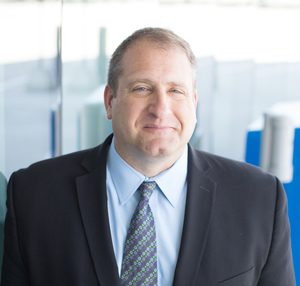

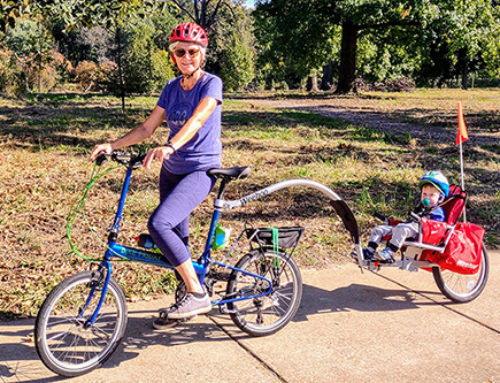
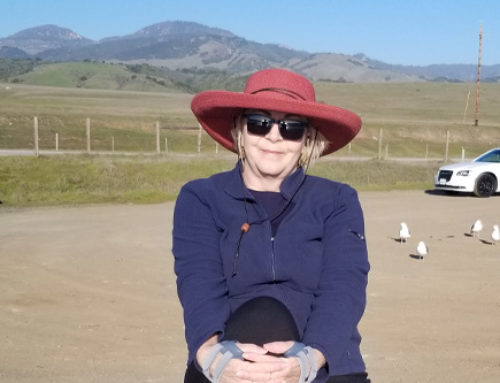
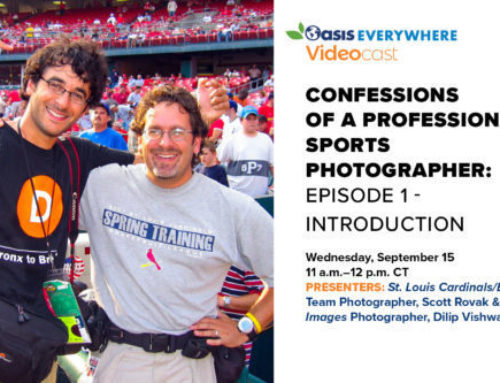
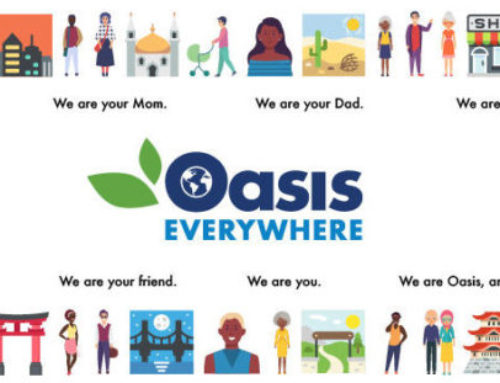
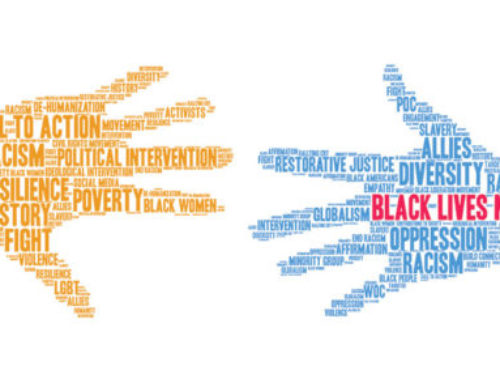
Leave A Comment
You must be logged in to post a comment.